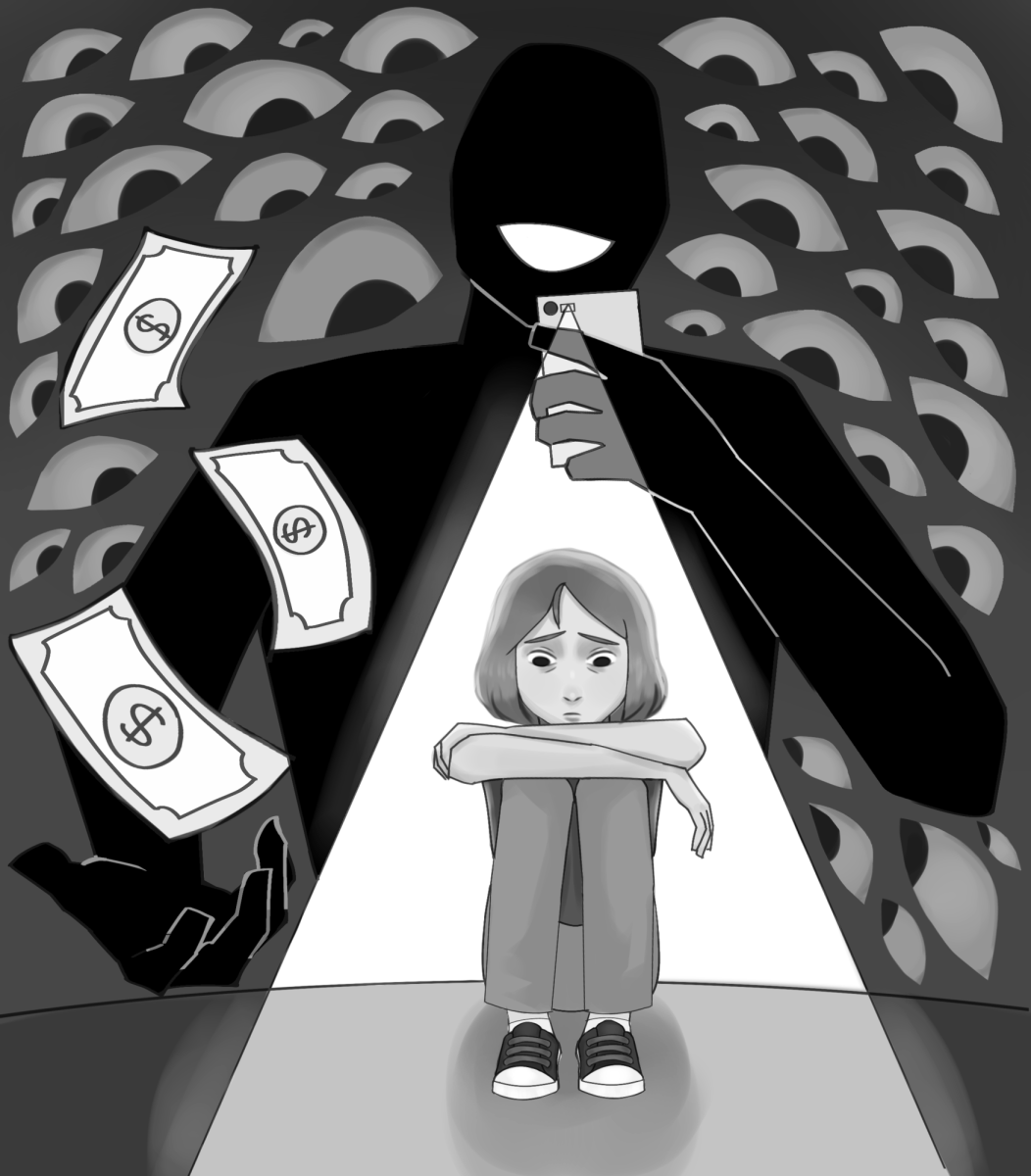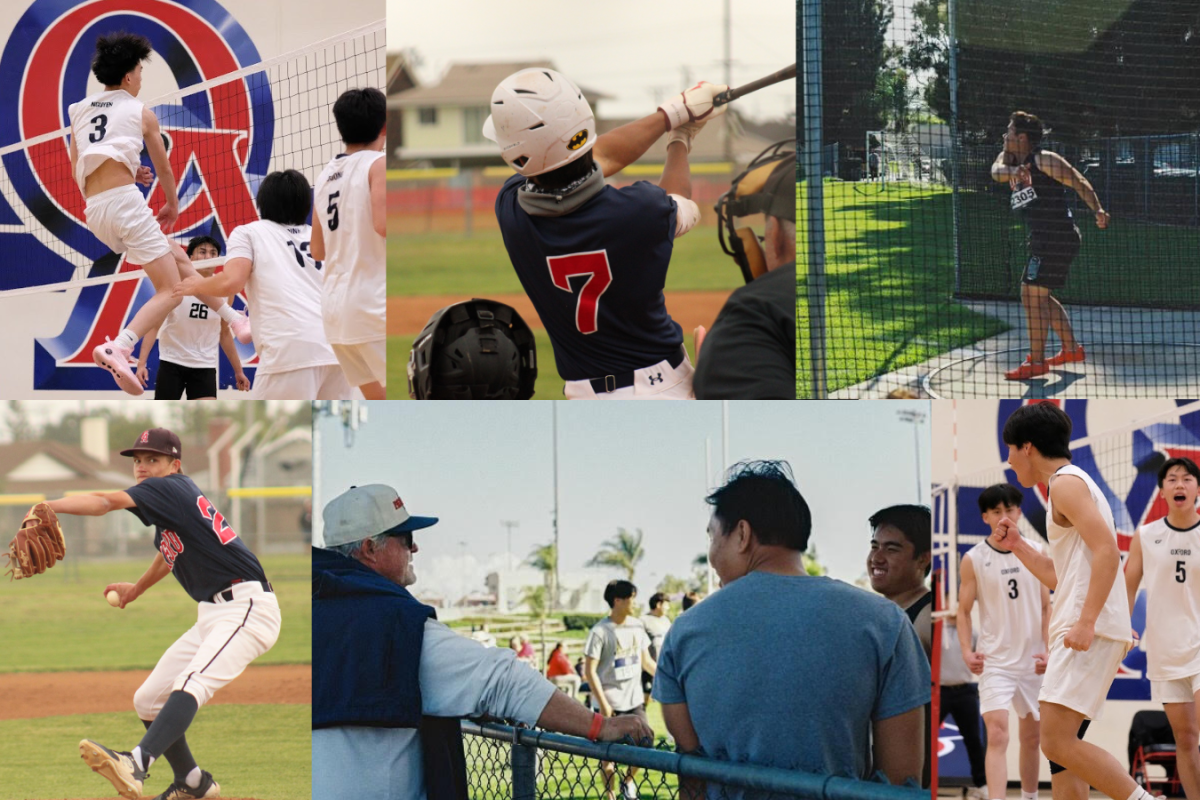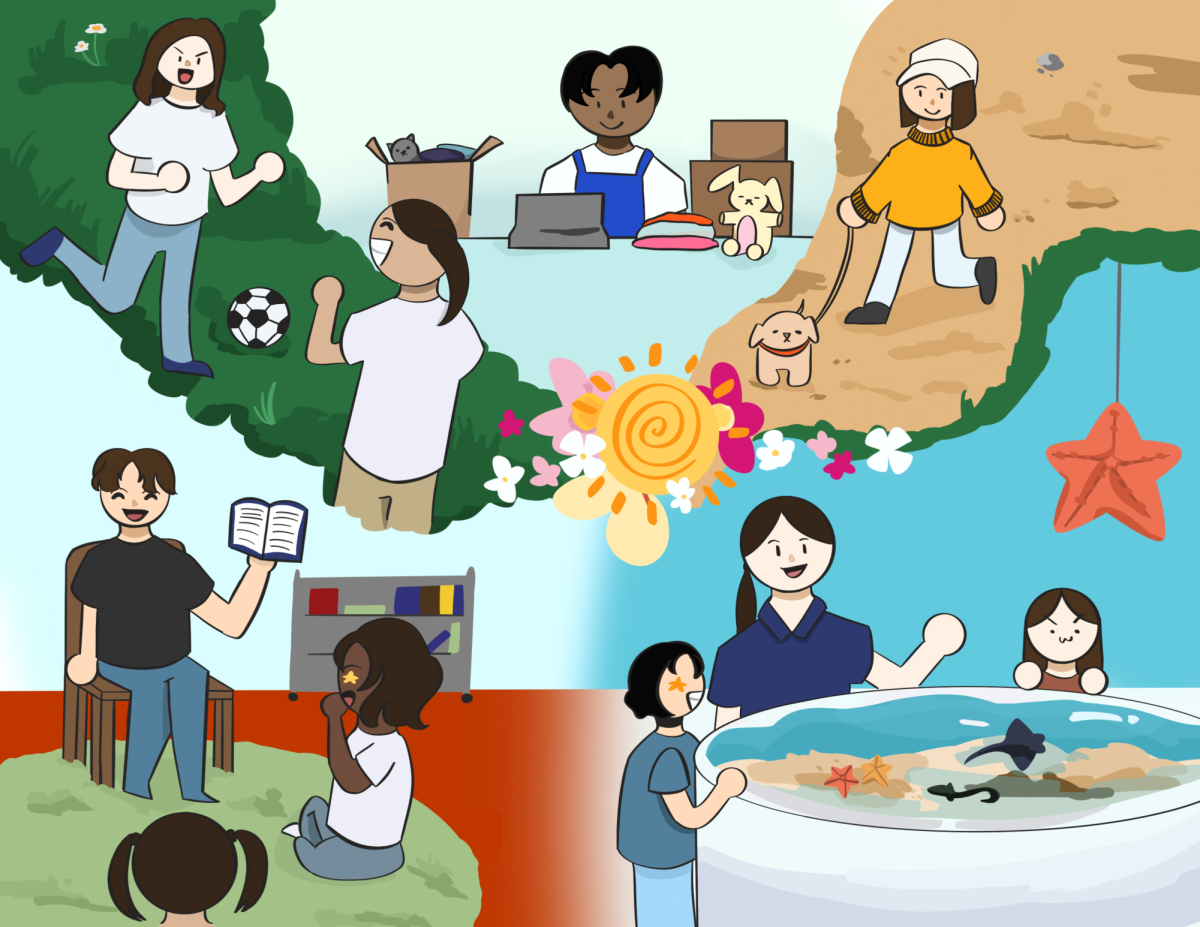The recent scandal involving the Youtube channel “8 Passengers,” a parenting-focused family YouTube channel, has reminded consumers yet again of the unregulated nature of the trend. After their twelve year old son was found malnourished and neglected, it came to light that parents Kevin and Ruby Franke, owners of the channel, used cruel methods of discipline on their children in order to attain huge internet popularity and monetary gain. Their channel is one of many manipulative media creators that benefit from child abuse. This issue needs to be prevented through more rigorous regulation from social media companies.
A large portion of recent scandals can be attributed to the new era of film and entertainment. In older shows like “Keeping Up With the Kardashians,” networks required strict screening and auditing to keep their media safe for stars and advertisers. In today’s landscape, public platforms eliminate the network middleman, allowing anyone to post anything with little to no regulation. As channels become exploitative, the platforms fail to give timely regulation, allowing parents ample time to capitalize on their abusive content.
With a large audience and easy profit involved, social media platforms have indirectly encouraged family channels to make wild, attention-grabbing content by any means possible. These creators opt to appeal to a wide audience using their own children, putting them in potentially embarrassing or dangerous situations.
In the “8 Passengers” video “Bra Shopping With Brothers,” the family recorded themselves going bra shopping video, their daughters and forcing the reluctant brothers to accompany them. The shopping segment concludes with Ruby filming the children changing, harassing other shoppers in the changing rooms and throwing products into the stalls.
This was clearly an invasion of privacy for both the children and the store’s other patrons, yet it perfectly encapsulates what makes this format so popular. The Franke children were barred from channel ownership due to Google’s guidelines, which requires one to be at least 13 years of age to manage their own channel. Their parents took advantage of this rule and allowed private, embarrassing moments to become public.
Another “8 Passengers” video, “Don’t Take it Personally,” focuses on the eldest brother Chad aggressively beating his much smaller younger brother Russel in a boxing match. Instead of chiding him for his behavior, Ruby puts the blame on Russell’s inability to fight back, transforming the situation into a condescending lesson from his older brother while his parents and grandparents laughed at him.
Family channel parents overlook developmental impacts the content has on the kids. This video, along with many others, likely impacted Russell’s self-image, but was largely sidelined in favor of pleasing viewers seeking a quick laugh. YouTube’s own guidelines forbid this activity, stating that “YouTube doesn’t allow content that endangers the emotional and physical well-being of minors,” yet content such as “Don’t Take it Personally” is allowed to stay uploaded.
Despite these examples, it is easy to see the potential benefits family channels could have. Many of them start savings accounts for their children to access once they turn 18. If done sustainably and with apt communication between parent and child, it seems the family channel genre could be saved. However, this model fails to address the overarching problem; corporations are still refusing to take responsibility for content posted on their sites. It is YouTube’s responsibility to demonetize and unlist abusive content in a timely manner.
Since the termination of “8 Passengers,” Kevin and Ruby have lost custody over their children and Ruby is facing six counts of child abuse. Much of the blame falls on YouTube for their inaction, but fans should also feel responsible for their complacency and ignorance. Viewers can report harmful content on the platform at the click of a button to prevent similar situations in the future. Parents must also think twice before publishing their childrens’ lives and should keep their parenting within reason. Consumers, platforms, and parents are to blame, but as a collective, more respect and accountability needs to be exercised by all.






























































